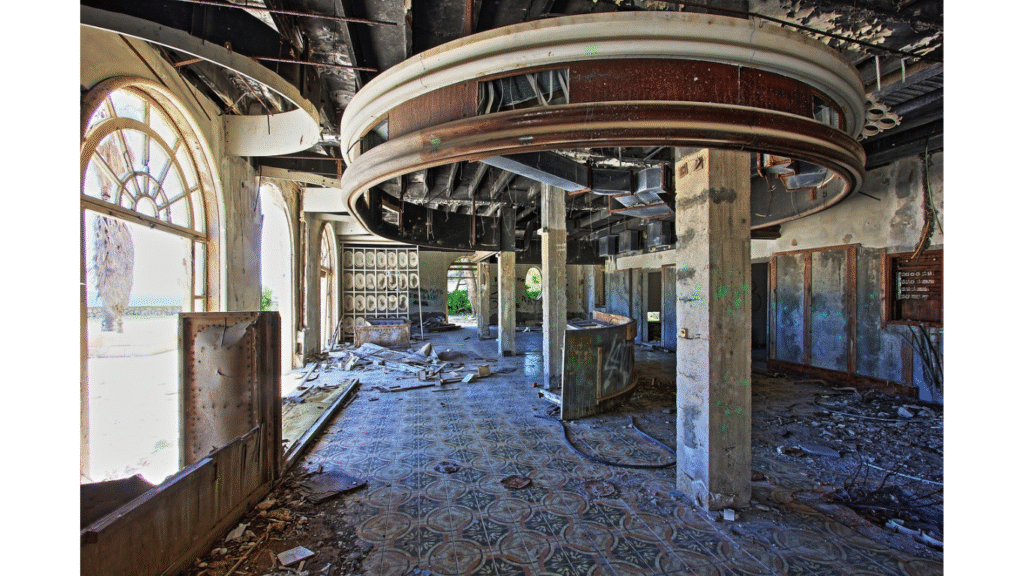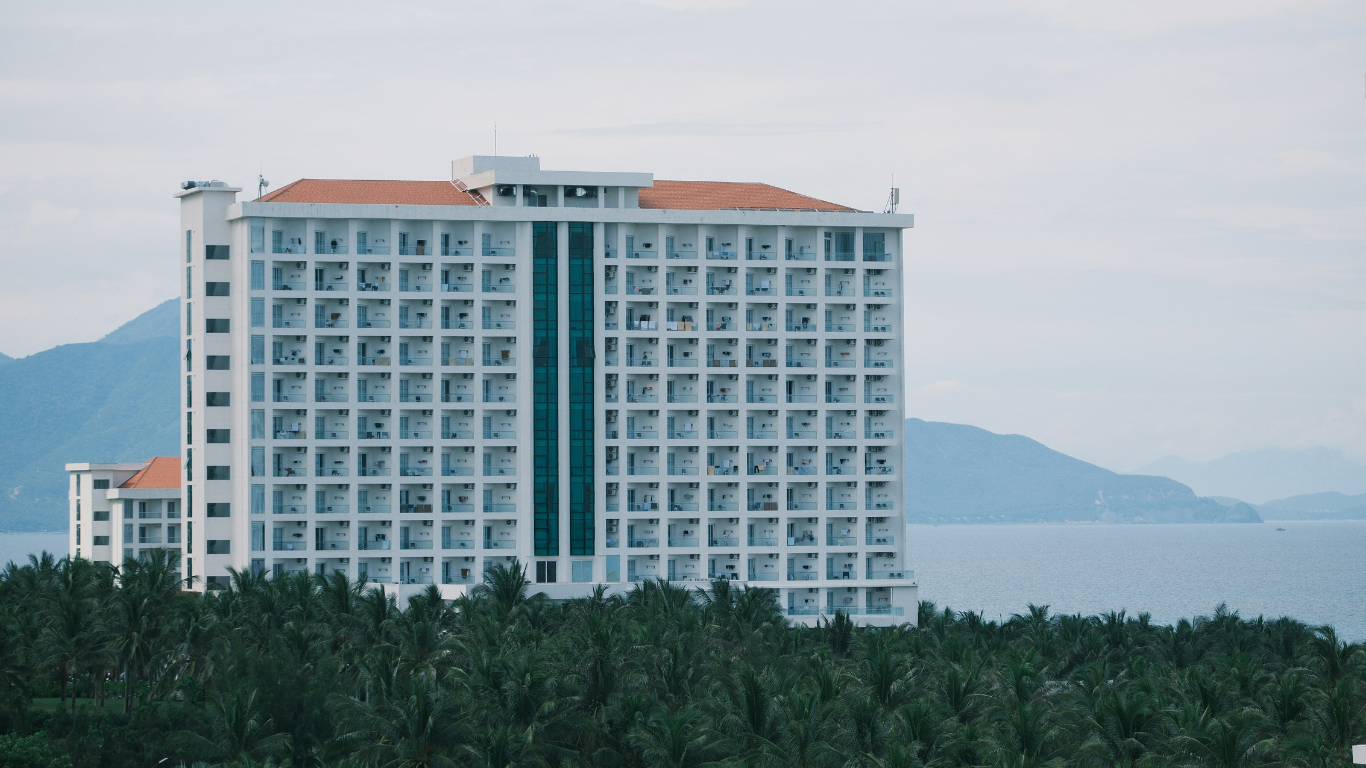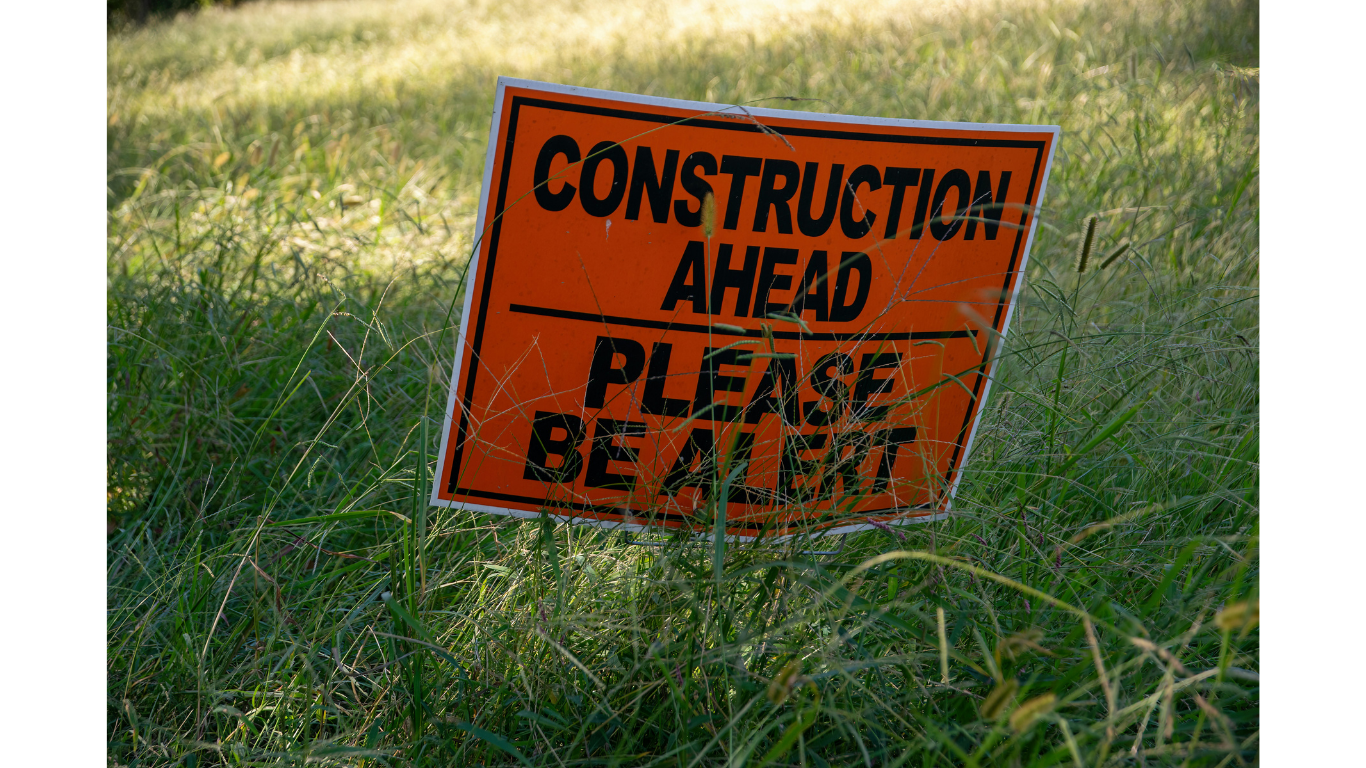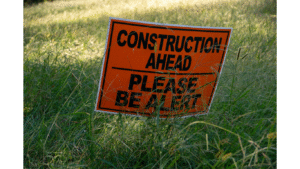To safeguard your property, business, and reputation, taking immediate action following any damage to your hotel is vital. The impact of water leaks, fires, or structural issues can be overwhelming. Effective management of the situation will help minimize the damage and set the foundation for successful restoration. Here are six steps every hotel owner should follow after facing damage.
Assess the Damage Quickly
The first step after any damage is to conduct a thorough assessment. Timely evaluation allows hotel owners to understand the situation better. Document all affected areas, including rooms, amenities, and common spaces.
Take photographs and write detailed notes to provide to your insurance company later. This diligent documentation can prove invaluable during the claims process. If substantial damage occurred, seek the help of professionals.
They can offer an expert perspective on the severity and potential hidden issues beneath the surface. Quick action minimizes the chance of further deterioration and protects your property’s value.
Begin Mitigation and Cleanup
After stabilizing the guest environment, begin the mitigation and cleanup processes. Depending on the nature of the damage, this may include water removal, mold treatment, and debris clearing. It is vital to act quickly to decrease the chance of mold growth and structural issues developing.
For extensive damage, partnering with restoration professionals is advisable. They offer the skills and equipment to handle this efficiently and can guide safety protocols. Whether you work with restoration services in Tallahassee, Monticello, or anywhere else local, using professionals can minimize downtime. An organized cleanup facilitates a fast return to business as usual.
Ensure that you remain vigilant throughout this process, as hidden damage may arise, so ongoing assessments can help address issues quickly. Maintain detailed records of all cleanup activities, including photos, receipts, and inspection reports, to streamline insurance claims and future evaluations. It’s beneficial to use moisture detection tools to ensure no residual dampness remains, as this could lead to recurring problems.
Contact Your Insurance Company
Once you assess the situation, the next step is to notify your insurance provider. Understanding your policy’s coverage is vital, as it will outline what damages are covered and what steps to follow for claims.
This involves providing the insurance company with your earlier documentation. Timely notifications help expedite the claims process, allowing funds to assist in repairs and restoration. Your insurance provider may send an adjuster to evaluate damages firsthand.
Working with them to keep the claims process smooth starts with effectively communicating all necessary details from your damage assessment and promptly submitting a claim.
Prioritize Guest Safety and Communication
One of the important considerations during recovery is guest safety. If structural damage affects guest areas, take immediate action to relocate them to a safe environment. This could involve moving guests to unaffected zones or offering complimentary accommodations at other hotels temporarily.
Ensure your staff understands emergency procedures and communicates transparently with guests about the situation. Simultaneously, think about how to communicate with guests about the ongoing situation.
Sending emails or posts on social media channels keeps your customers informed and can help manage their concerns.

Plan for Repairs and Upgrades
After mitigation, outline the necessary repairs. This will involve hiring contractors or restoration experts to rectify structural and cosmetic damage. Once business resumes, take into account this moment for upgrades.
Enhancing your hotel can lead to improved customer experiences and may set your property apart from competitors. Select materials and systems that will create durability and reduce maintenance costs down the line.
Utilize this opportunity to improve any aspects of your hotel that may add value. Prior planning prevents future emergencies, making a resilient hotel vital for attracting guests long-term.
Develop a Comprehensive Disaster Response Plan
After the dust settles, it is wise to take proactive measures for the future. Develop a comprehensive disaster response plan. Addressing potential risks specific to your location aids in preparing for future occurrences.
Document response strategies to be implemented if similar situations arise. Engage staff in discussions about disaster planning and include them in drills. Training employees on quick response procedures can save lives and protect property. Regular reviews and updates to the plan ensure it remains relevant and effective.
Efficient management of disasters contributes to the long-term success of your hotel. It fosters a sense of security among guests and enhances your reputation in the community. Regardless of the extent of damage experienced, these steps will help guide you through recovery efficiently. Implementing thorough assessment methods, effective communication, and future planning keeps your hotel resilient against potential threats.
Article received via email































